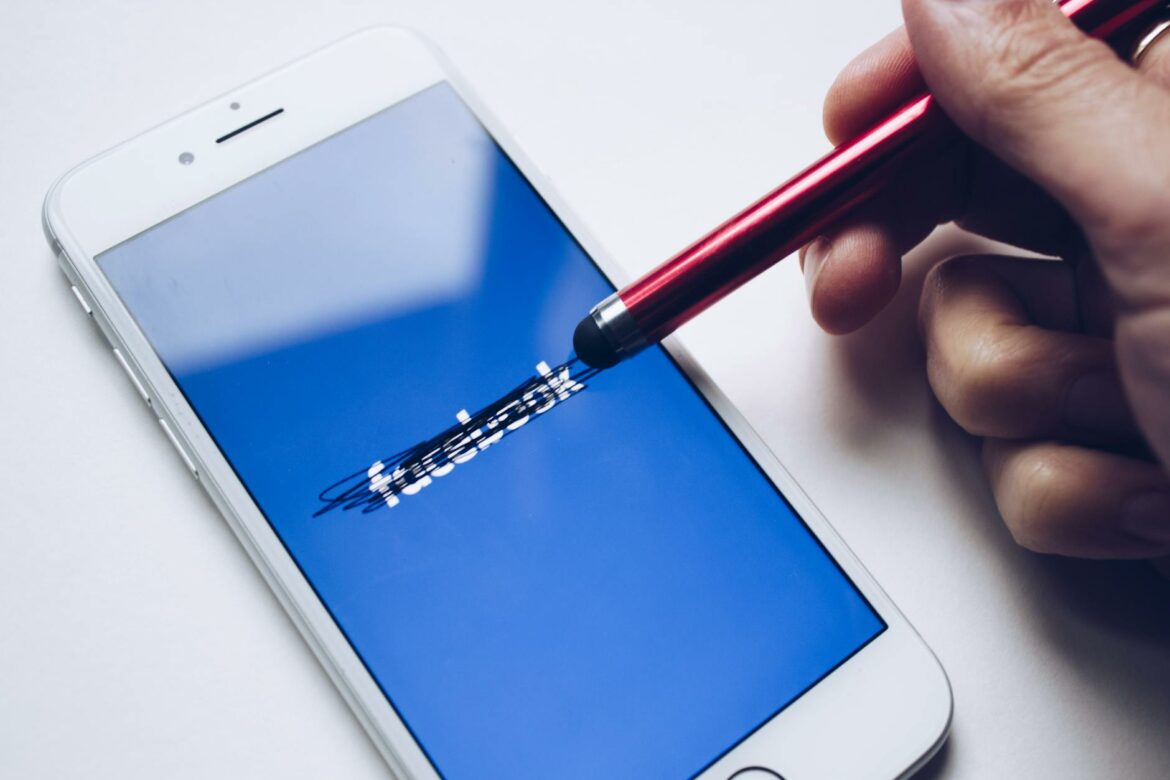Picture this: you’re scrolling through your favorite social media platform, and among all the colorful images and lively videos, one post catches your eye. It’s a vibrant, well-organized media kit, complete with stunning visuals, compelling statistics, and an inviting tone that feels both professional and personal. It’s not just a list of numbers and figures; it’s a story that draws you in, showcasing the creator’s journey and their unique brand. You can almost feel the passion and energy radiating from the page. This is what a media kit can do—it can convert a curious glance into an engaged partnership. Yet, crafting a media kit that truly converts isn’t just about aesthetics; it’s about strategy and authenticity.
In the era of digital content creation, influencers and creators are often at the epicenter of brand storytelling. Companies are constantly searching for fresh voices to represent them, and a well-crafted media kit acts as your passport to collaboration. But what makes a media kit stand out? How can you ensure that it does more than just sit in someone’s inbox, waiting to be opened?
First and foremost, it’s about clarity. Think of your media kit as a concise yet comprehensive overview of who you are and what you offer. Potential collaborators want to know what sets you apart. Instead of just listing your follower count or engagement rates, explain how your audience interacts with your content. Do they trust your recommendations? Do they engage with your posts in a meaningful way? For instance, if you’re a travel blogger and your audience frequently shares their own travel stories after reading your posts, highlight that interaction. Use quotes from followers or even snippets of their comments to provide real-time testimonies of your influence.
Visual storytelling is another key element. Think back to that initial image—what made it resonate? It likely wasn’t just the data; it was the way the information was presented. Utilize infographics to communicate your stats and success stories. Incorporate images that evoke emotion or showcase your personality. If your niche is beauty, for example, don’t just show a picture of your latest makeup look; include behind-the-scenes shots of your creative process or candid moments that reveal your authenticity. This not only makes your media kit visually appealing but also builds a narrative that feels relatable and human.
Speaking of narrative, weaving your personal story into your media kit is crucial. This is the part where you can shine—sharing your journey, the challenges you’ve overcome, and what motivates you. Perhaps you started as a hobbyist and grew into a professional content creator. Maybe you faced hurdles that many can relate to, such as finding your niche or building an audience from scratch. When you share your story, it can resonate with brands looking for a genuine partnership. They want to collaborate with someone whose mission aligns with theirs, and your story is your secret weapon.
No media kit is complete without clear examples of your past collaborations and results. Don’t just say you’ve worked with brands—show it. Include case studies or brief anecdotes about successful campaigns. Maybe you worked with a sustainable fashion brand that saw a 30% increase in sales during your campaign. Highlighting your impact is not just about patting yourself on the back; it’s about demonstrating your value to potential partners. Charts or graphs that visualize your success can add an extra layer of credibility.
Incorporating audience demographics is another critical aspect. Brands often have specific target audiences, and they want to know if your followers align with their consumer base. Create a snapshot of your audience’s age, location, interests, and more. You can use this information to show that when they partner with you, they’re not just getting access to your followers; they’re reaching a community that is likely to resonate with their products or services.
Now, let’s not forget about the importance of accessibility. Make your media kit easy to navigate, whether it’s a PDF or an online webpage. Use clear headings and a logical flow so that potential collaborators can quickly find the information they’re looking for. If they have to sift through pages of text to get to your stats, they might lose interest before they even reach the good stuff.
Offering tiered collaboration options is another smart strategy. If you’re a YouTube creator, for instance, you might outline multiple options for partnerships: sponsored videos, product placement, or even affiliate marketing opportunities. This not only sends a message that you’re flexible, but it also encourages brands to think creatively about how they can collaborate with you.
Finally, never underestimate the power of a personal touch. Once your media kit is polished and ready to go, take the time to personalize each outreach. A generic email with an attachment feels impersonal and is likely to be ignored. Instead, take the time to research the brand you’re reaching out to. Mention a recent campaign they ran that you loved, or explain how you see your content aligning with their brand values. This kind of personalization shows that you’re not just mass mailing your media kit; you’re genuinely interested in a real partnership.
In this fast-paced digital landscape, a creator media kit crafted with intention can be the difference between simply being seen and being the go-to partner for brands looking to connect authentically with their audience. It’s about creating a space where your passion meets their marketing goals, and that’s where the magic happens. When your media kit tells your story, highlights your successes, and invites brands to join you on your journey, you create lasting connections that go beyond mere transactions.
So, next time you sit down to craft or update your media kit, remember that it’s more than a document. It’s your brand’s voice, your narrative, and your opportunity to convert casual interest into fruitful partnerships.

